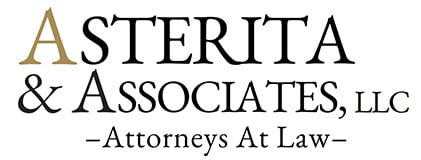Eviction is not something landlords want to engage in. In the ideal world of landlords, tenants adhere to their lease agreement, make rent on time and give ample notice when they decide to move.
In our world, it is not that easy all the time. Landlords in New York may wish to evict their tenants, but there is a process to do so legally.
Reasons and notice
As DoorLoop details, there are a variety of reasons that allow landlords to pursue an eviction. Some of these reasons include violating the lease agreement or committing illegal activities within the property.
Failure to pay rent on time is the obvious reason and New York law considers rent a day late as past due. After that—or whatever grace period the lease stipulates—landlords must send a letter to tenants via physical mail at least five days after to inform them that the rent is past due.
Should tenants refuse to reply, landlords may issue a 14-day notice to pay. Failure on the tenants’ part to pay or comply with that notice allows the eviction process to continue.
Evictions
Evictions start at the city court of the property in question. As the New York State Unified Court System details, a tenant may postpone the case with a 14-day adjournment. On the court date, there are options to settle, default or go to trial. Without a judgment to evict, no landlords may evict their tenants. With a warrant, a marshal, sheriff or constable delivers the notice and evicts the tenant after 14 more days.
With the right information and legal resources, this process may proceed smoother for landlords seeking evictions.

